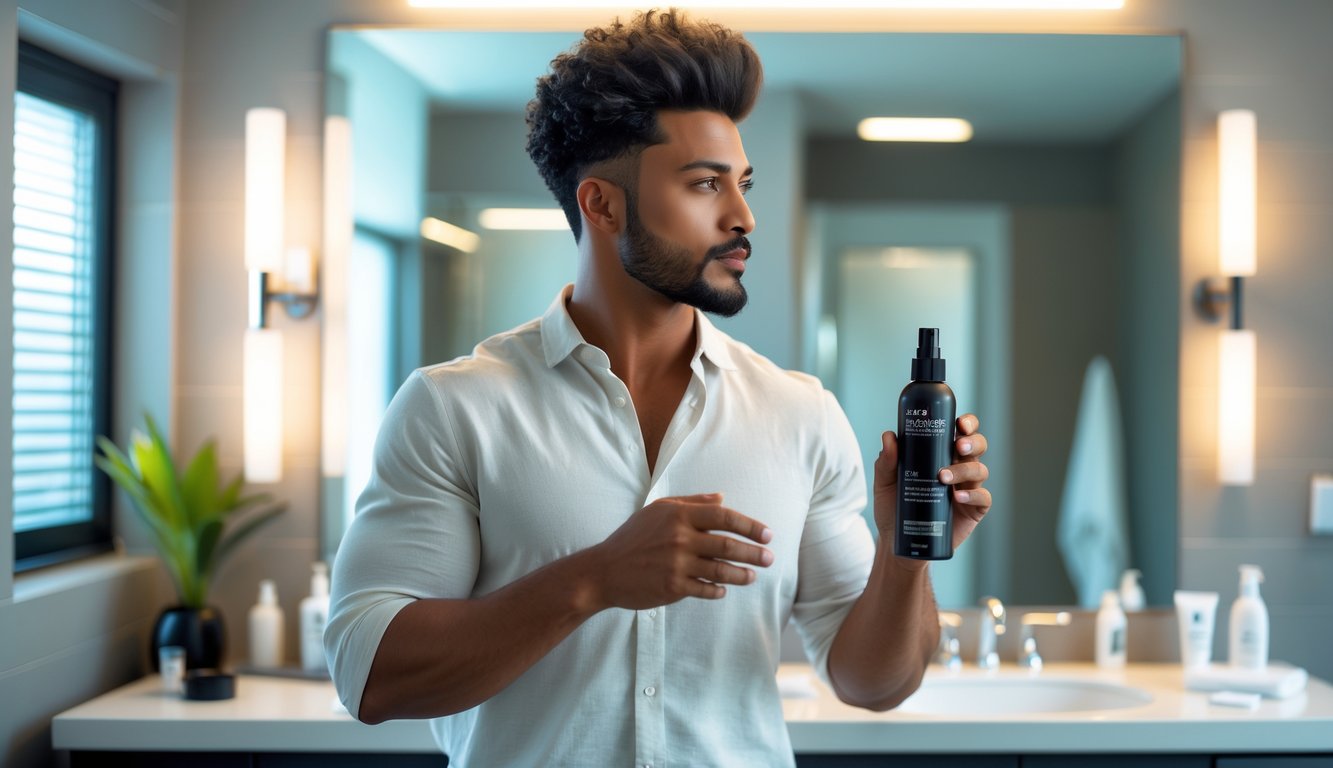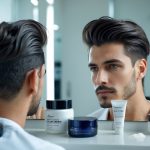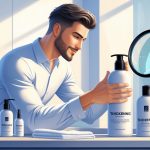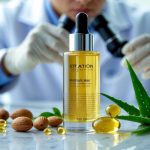
How to Choose the Right Hair Thickening Spray
Nobody wants to be the guy with sticky hands for days or to smell like a department store fragrance counter because of one bad pick. Ingredient lists? Basically hieroglyphics. My dermatologist once handed me a pamphlet and said, “Good luck.” Picking a hair spray for men is like betting on roulette—your scalp’s the prize or the casualty.
Factors to Consider for Men
Honestly, every time I try one of these thickening sprays that promise “lion’s mane” hair? I end up with something closer to hay bale texture. It’s almost funny—brands in the Men’s Health best thickening sprays rundown talk up “weightless finish,” but by lunch, my hair crunches like autumn leaves. And the scents—why do they always sneak up on you? Nothing like walking into the gym smelling like a department store cologne sample.
I always squint at the label for heat protection and non-comedogenic claims, but honestly, who’s testing these things? Biotin, caffeine, niacinamide—those trendy ingredients show up everywhere, but not all of them have a real dermatologist’s stamp of approval. If the bottle’s tiny and says “maximum volume,” but my hair flattens before my first Zoom call, I’m rolling my eyes.
Milky spray, dry mist—does it even matter? I keep bouncing between them. John Frieda ULTRAfiller+ is all over Patchology’s spray guide, loaded with biotin and hyaluronic acid and shouting “200% fuller” (which, come on, but at least it’s not sticky). Ingredient lists matter more than hype. Patch test, always—my scalp still hasn’t forgiven me for that one peppermint “refreshing” formula that felt like a chemical peel.
Consulting with Dermatologists for Advice
So, my dermatologist, who barely looked up from her notepad, just muttered, “Twice a week, tops,” and that was it. These folks have seen every disaster scalp on earth. They warn guys like me that daily use of anything with heavy silicones, synthetic alcohols, or secret fragrances can turn your scalp into a war zone—hello, breakage.
And after all those studies on minoxidil and prescription stuff, you’d think over-the-counter sprays would be foolproof. Nope. My derm once said, “If the ingredient list is longer than your brush, put it back.” I mean, fair. Especially if your hair’s thinning or your scalp’s touchy. “Natural” labels mean nothing—half the time, there’s some random allergen hiding in the fine print, and reactions can take days to show up.
Last time I was in the waiting room, some poor guy blamed pollen for his rash, but nope—propylene glycol in his “vegan” spray. So yeah, check with an actual dermatologist (not your cousin Jerry who’s suddenly a wellness expert) if you’ve got eczema, dandruff, or you’re on finasteride. The wrong spray can undo months of progress in a week.
Application Tips and Best Practices
Nobody ever warns you how fast your scalp rebels—use thickening sprays every day and suddenly it’s flake city. I’m writing this mostly so future me (and maybe you) doesn’t end up muttering about buildup at 2AM with a tingly head.
Prepping Hair and Scalp Properly
If I got paid for every time I skipped washing before styling, I’d probably own every top-rated hair thickening product out there. Here’s what nobody brags about: oil and leftover product murder volume, so even John Frieda’s ULTRAfiller+ can give up before lunchtime. My barber, who treats scalp hygiene like a religion, says to use a gentle, sulfate-free shampoo every other day—three minutes, lukewarm water, nothing fancy.
I keep an old toothbrush on my sink—looks weird, works for a quick scalp massage. Dermatologists dig for inflammation triggers, so dumping product on a flaky scalp? Regret, every time. If there’s static after towel-drying (I still rub instead of pat, why?), the spray just clings. No deep wisdom here: start clean, spray evenly, and don’t get cocky. “More volume” doesn’t mean “more product”—it means helmet hair.
Maintaining Hair Health During Use
What’s wild is nobody tells you that chasing thickness can backfire. “Fuller hair in seconds” is tempting, but daily high-alcohol sprays? My scalp flakes worse than a stale croissant by allergy season. My dermatologist shrugs and says daily use is a shortcut to irritation, especially at the temples and crown. (SPF for your head, really? Still not sure if she was joking.)
Now I swap in a moisturizer or a leave-in with biotin to calm the angry red patches. Spray from six inches away—closer and it’s just sticky. I force myself to do one product-free day a week. Forget that, and my follicles clog up fast—learned that the hard way. Sometimes I even keep notes on which sprays feel less gross on humid days, but I’m not exactly bragging about it. And please, test behind your ear first—nobody wants a surprise rash.



